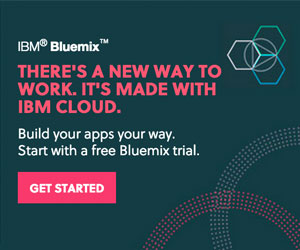Fifty-two percent of women in science, tech, engineering and math quit their jobs mid-career. This happens for a variety of reasons, ranging from workplace culture to family responsibilities.
A new IBM program is helping to bring them back by restoring lost confidence and teaching new job skills.
The IBM Tech Re-Entry Program is a challenging 12-week internship for experienced technologists who are returning to work after an extended time away. Interns get the chance to work on high-level projects with a senior-level mentor.
In an interview with CNET, Jennifer Howland, executive of IBM’s Pathways Program, said the program helps make women returning to the tech world more employable.
“Most employers don’t look kindly on the fact that someone has not been doing work and someone has taken a career break for 15 to 20 years,” she said.
IBM isn’t the first company to help bring women back into the fold. Several companies in the financial sector—like Goldman Sachs, MetLife, JP Morgan, Credit Suisse and Morgan Stanley—have rolled out similar programs.








 /newsrooms
/newsrooms
